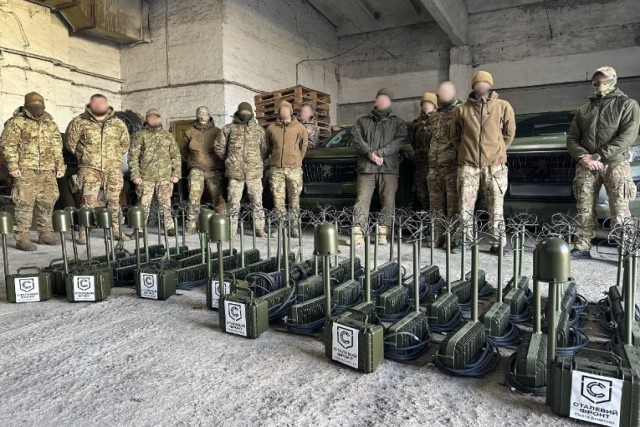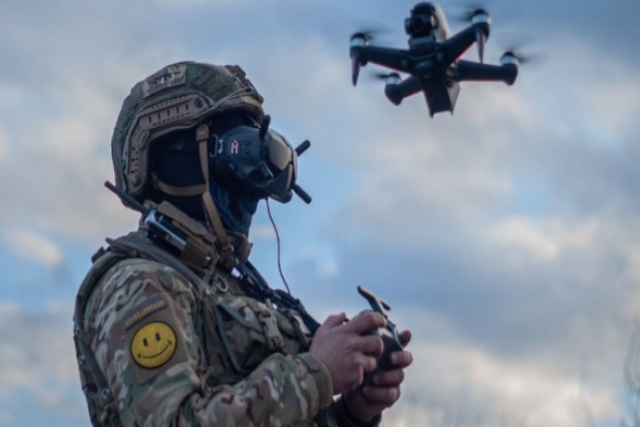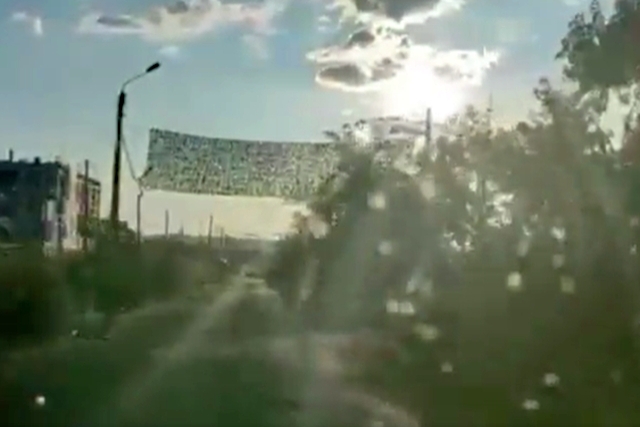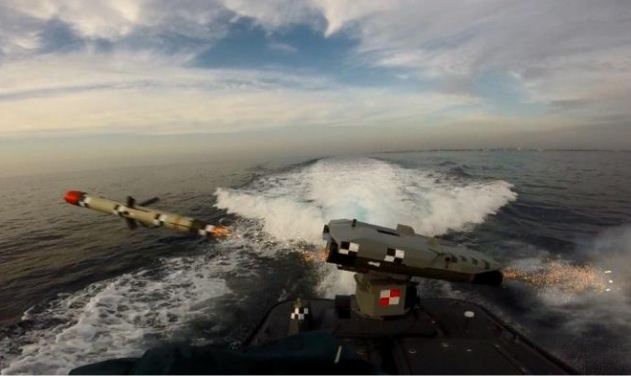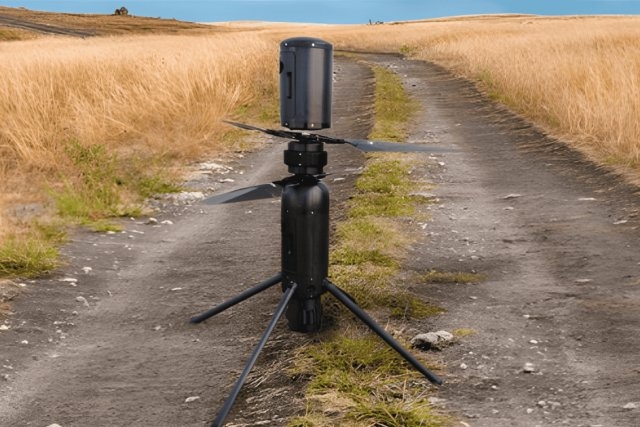Ukraine Unveils EFP-S Armor-Piercing Ammunition for FPV Drones
From August to December 2023, Russia employed 1,485 FPV drones, while Ukraine used 2,874.
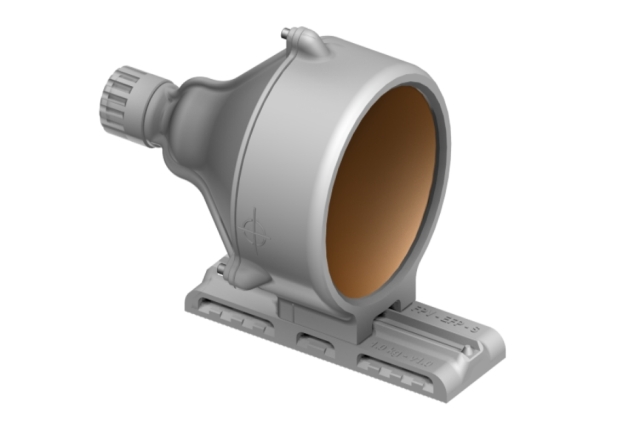
Ukraine has officially introduced its latest EFP-S (Explosively Formed Penetrator - Shock) ammunition designed for FPV (First Person View) drones, capable of effectively penetrating armored vehicles.
The announcement comes through a publicly available document on the website of the Territorial Defense Forces.
Belonging to the Shock Wave Dynamics (SWD) family of ammunition, the EFP-S boasts a mere 1 kg weight and incorporates a potent "platter charge" warhead, providing a robust behind-armor effect and an extended range. Primarily intended for use against lightly armored vehicles such as self-propelled guns, Infantry Fighting Vehicles (IFVs), and Armored Personnel Carriers (APCs) equipped with slat armor and anti-drone systems.
According to the disclosed document, the armor penetration capability of the EFP-S stands at 25 mm, with a damage range spanning from 1.5m to 50m. The striking element weighs 165g, achieving a velocity of 1800 m/s.
Additionally, the warhead offers versatility by accommodating either a C4 (420g) or PVV-5a (390g) explosive, consisting of 85% hexogen. The EFP-S assembly includes a removable case part, screws for securing the removable component, a cap for fixing the detonator, an adapter for attachment to the drone frame, a sight for alignment of the heading camera, and a rubber lining.
To affix the ammunition to the FPV drone, manufacturers employ nylon clamps, emphasizing the necessity of remote detonation and heading chamber alignment for optimal operational efficiency.
In recent months, FPV drones equipped with the new Shock Wave Dynamics ammunition have reportedly been deployed against the Russian military, marking a significant development in Ukraine's defense capabilities. The introduction of the EFP-S showcases Ukraine's commitment to advancing its defense industry and maintaining a competitive edge in modern warfare technology.
Ukraine recently deployed the so-called "Dome EW," an omnidirectional radio emitter that creates interference in the vicinity. This interference is intended to complicate or disrupt the signal transmission between enemy drones and their control stations. The technology can be installed on both positions and military vehicles to counter the use of FPV drones. From August to December 2023, Russia employed 1,485 FPV drones, while Ukraine used 2,874.
